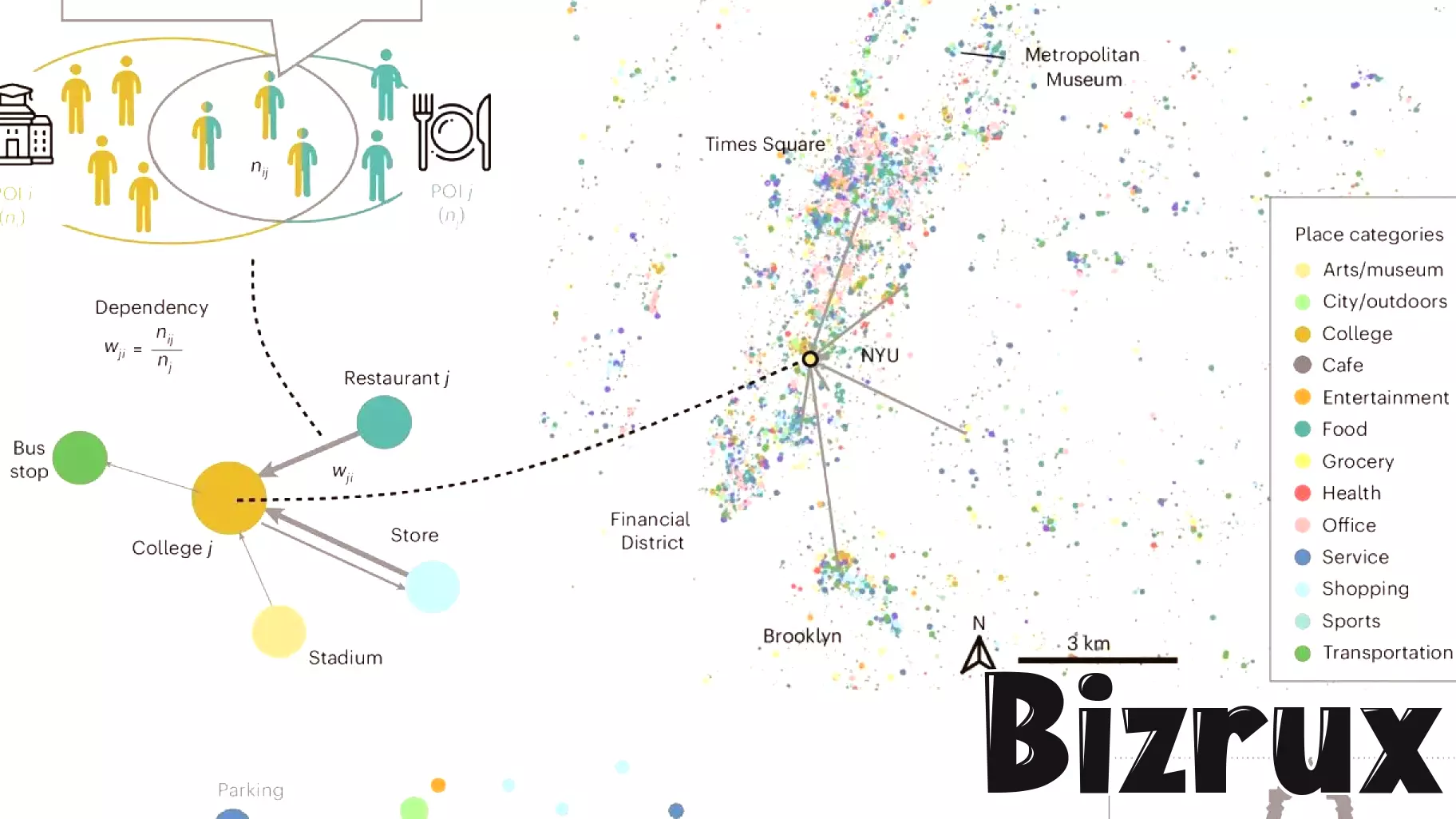January 9, 2025 - 00:29

As remote and hybrid work become the new standard, numerous restaurants situated near office buildings are experiencing a significant and possibly permanent drop in foot traffic. This shift in workplace dynamics raises important questions about the broader economic implications for local businesses and communities.
The decline in customers has forced many establishments to reevaluate their business models, leading to closures and reduced operating hours. This trend not only affects restaurant owners but also impacts suppliers, service providers, and local economies reliant on the bustling activity generated by office workers.
Moreover, the transition to remote work has created a ripple effect, influencing various sectors such as real estate and retail. With fewer people commuting to work, demand for office space may decrease, leading to potential shifts in commercial property values.
As the landscape of work continues to evolve, it is crucial for policymakers and business leaders to understand these economic ramifications and develop strategies to support affected industries and communities. The long-term effects of these disruptions could reshape urban environments and local economies for years to come.



